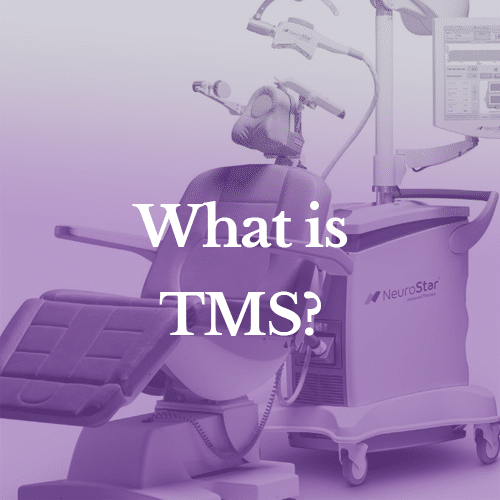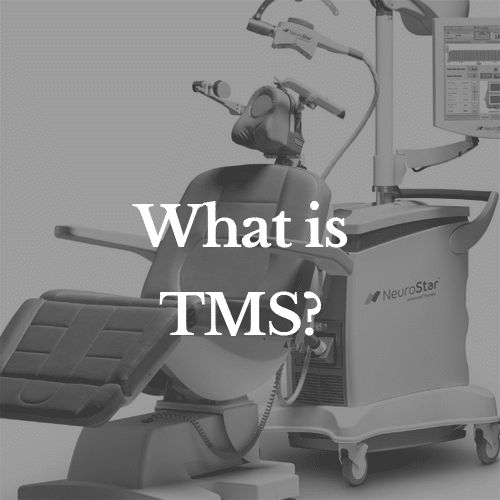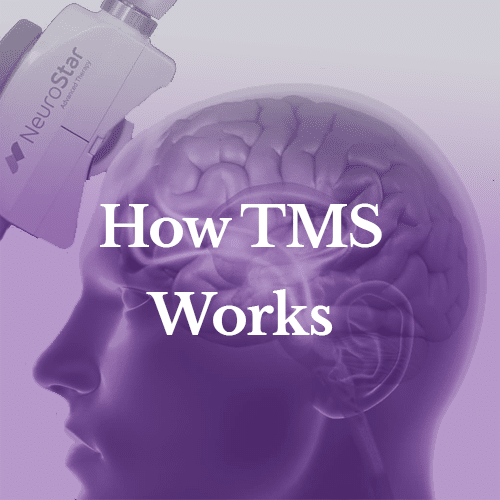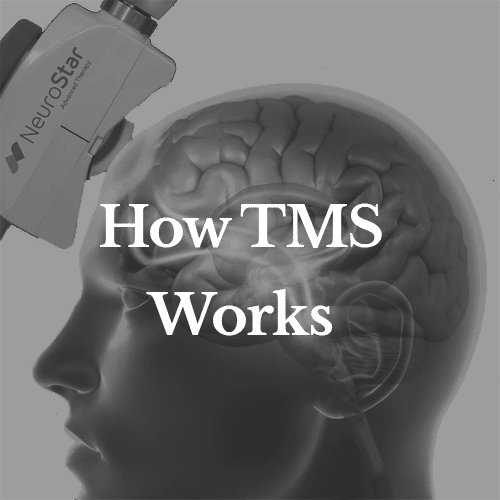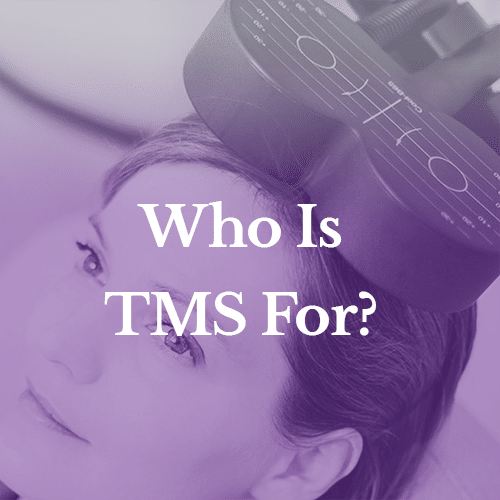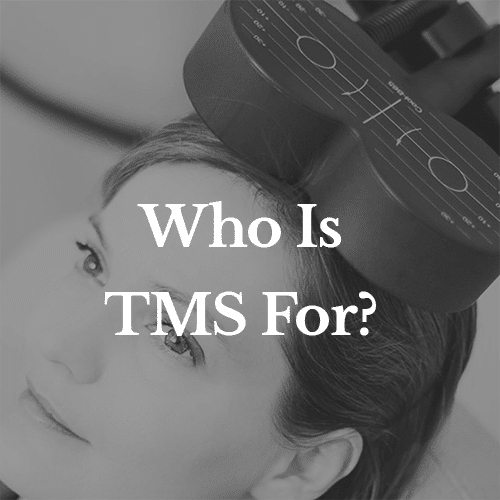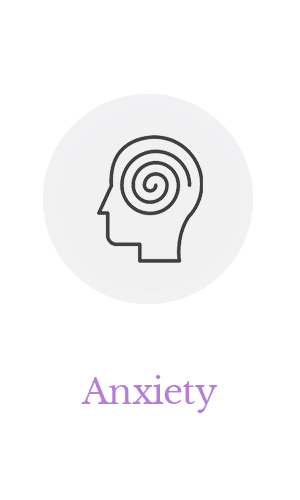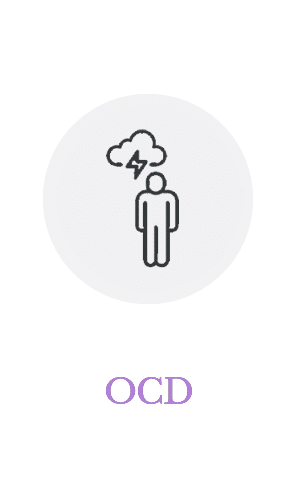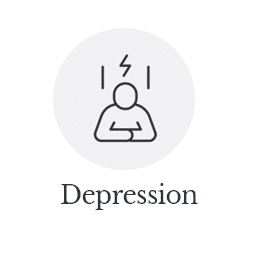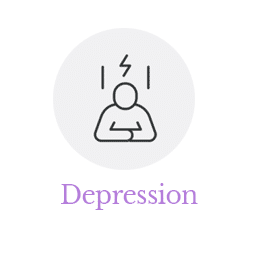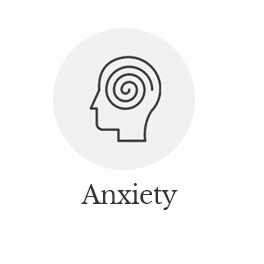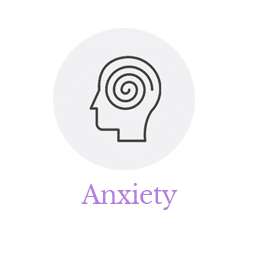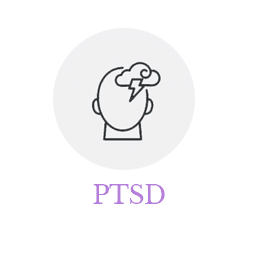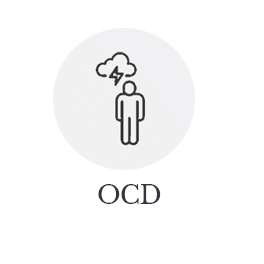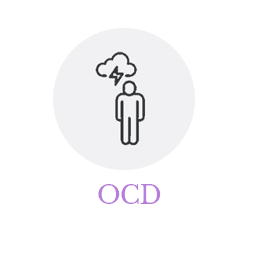Persistent anxiety often feels like a constant shadow – always present, sometimes more noticeable than at other times, but always looming in the background. The shadow hangs over your everyday activities and refuses to lift no matter what you try. Sound familiar?
Anxiety vs. Persistent Anxiety
Anxiety is a natural response to stress and can even be helpful in small doses. However, chronic anxiety is not normal and can disrupt daily life, work, relationships, and your overall sense of well-being.
Those who suffer from anxiety are usually provided with medication and instructed in self-care techniques that bring relief. But many people find that their anxiety is stubborn and nonresponsive to these treatments. Persistent anxiety is anxiety that does not respond to traditional treatment, or anxiety that continues to reoccur despite continuing treatment.
If you’ve tried traditional methods like therapy and medication and still find yourself stuck, you are not alone. We see many patients like yourself at Inland Empire TMS. Fortunately, there are effective options available that bring relief even for nonresponsive persistent anxiety.
What Causes Persistent Anxiety?
Chronic anxiety can result from a variety of factors, and understanding the root cause is the first step in overcoming it. Here are common reasons why anxiety may persist and not respond to traditional treatment:
1. Underlying Biological Factors
Neurochemical imbalances in the brain, particularly involving serotonin, dopamine, or gamma-aminobutyric acid (GABA), may play a role in persistent anxiety. Additionally, overactivity in the amygdala—the brain’s fear center—can keep you in a heightened state of worry and vigilance.
2. Unaddressed Trauma
Anxiety is often rooted in past experiences. Trauma, whether from a single event or ongoing exposure to stressful situations, can keep your nervous system stuck in “fight-or-flight” mode. Traditional therapies may not always address the underlying cause fueling your anxiety.
3. Ineffective or Incomplete Treatment
Some people simply don’t respond to first-line treatments like Cognitive Behavioral Therapy (CBT) or medications such as SSRIs. This is known as treatment-resistant anxiety. It’s estimated that about 30 percent of patients may not respond to antidepressant and anti-anxiety medication. Other factors like improper medication dosage, lack of therapy engagement, or co-occurring conditions like depression can also impact the effectiveness of treatment.
4. Lifestyle Triggers
Poor sleep, excessive stress, unhealthy relationships, substance abuse, and a lack of exercise can all feed into anxiety. While these factors may not cause anxiety directly, they create an environment where it can thrive. If you undergo treatment for anxiety without addressing these contributing factors, your chances of a successful outcome are much lower.
Overcoming Persistent Anxiety
Persistent anxiety doesn’t mean permanent anxiety. Just because your anxiety hasn’t responded to previous treatment does not mean that there is no hope. It is actually very likely your anxiety will respond to the right treatment, or combination of treatments. Here are actionable steps to help regain control:
For those who don’t respond to conventional therapies, Transcranial Magnetic Stimulation (TMS) offers an excellent option for treating persistent anxiety. TMS is available at Inland Empire TMS in Murrieta – in fact, we strongly recommend TMS for most patients because of its incredible success rate.
What Is TMS?
TMS is a psychiatric treatment that stimulates nerve cells in the brain, particularly in areas associated with mood regulation and anxiety. It is completely non-invasive (i.e. nothing is inserted in your body) and it is an FDA-approved therapy (meaning it has demonstrated successful outcomes in clinical trials). TMS has been shown to be effective for individuals with treatment-resistant anxiety and depression.
How Does TMS Work for Anxiety?
TMS targets specific regions of the brain involved in anxiety, such as the prefrontal cortex. By modulating neural activity, TMS helps rebalance the brain’s response to stress and promotes a sense of calm and well-being. TMS stimulates the brain to generate healthy neural pathways, addressing root cause issues directly.
What to Expect with TMS
Non-Invasive and Painless: TMS is fully non-invasive and painless. It doesn’t require surgery or anesthesia. Patients can return to their normal activities including work, driving, or school immediately after treatment.
Minimal Side Effects: Some patients may experience mild discomfort, such as scalp tingling, during the session. Most patients find the procedure to be comfortable. There are no known systemic side effects from TMS.
Convenient: Treatments are provided in our office in Murrieta (with a second location soon available in Corona). Each TMS session lasts about 20 to 30 minutes.
Long-Lasting Relief: Many patients report significant improvements in anxiety symptoms after completing TMS treatment.
Why Choose TMS?
TMS Is an excellent option for persistent anxiety because it directly addresses the brain’s underlying imbalances. It can be particularly beneficial for individuals who have not experienced relief from medications or therapy, those looking for a more holistic approach and want to avoid medication, or those who are looking for a safe, non-invasive treatment option.
Persistent Anxiety Treatment in Riverside County
If you have been dealing with anxiety that doesn’t seem to go away, we are here to help. At Inland Empire TMS, we are able to successfully treat patients such as yourself who are struggling with persistent anxiety.
We are located in Murrieta, with a second clinic opening in Corona in early 2025. Our office is easily accessible from Temecula, Menifee, Corona, Murrieta, and Riverside.
If you or someone you love is struggling with anxiety that won’t go away, contact the anxiety experts at Inland Empire TMS to learn more about how TMS therapy can provide the relief you seek.

